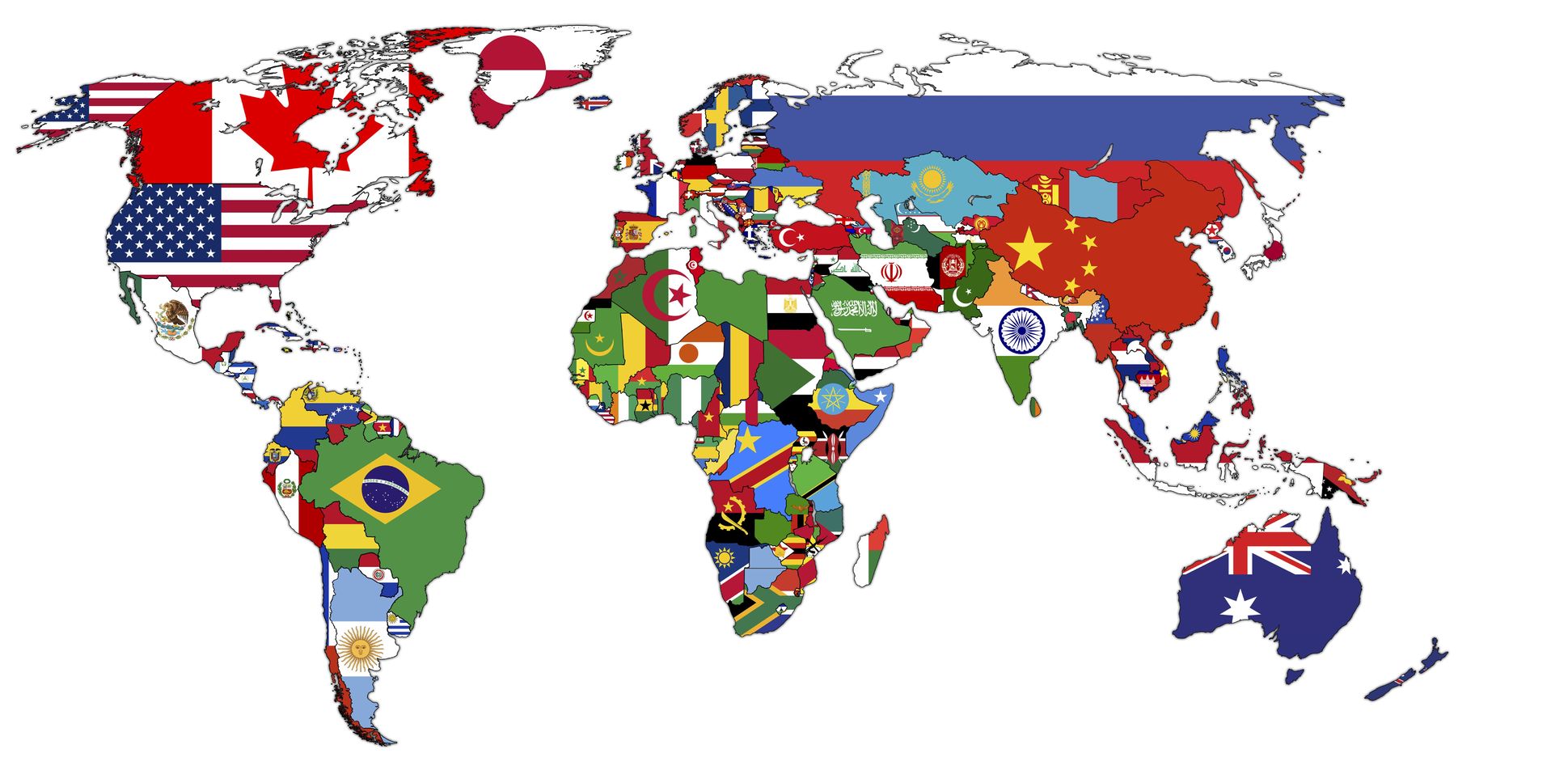English Slovenian translations

We are experts in English - Slovenian translation
Slovenia is part of the European Union and has a very important economy, despite being seriously affected by the prolonged war in Bosnia-Herzegovina. The major economic activities include agriculture, livestock, fishing and tourism. This means that many companies are seeking Slovenian clients and suppliers. However, to communicate effectively English - Slovenian and Slovenian-English translations are often required. Therefore, it is important to have a specialized and experienced linguist. The intention of Cosmolingo is to achieve excellence and customer satisfaction day by day in our English - Slovenian translations. We have the collaboration of professional native translators who also live in the target country, so their Slovenian - English translations read as if they had been originally written in the target language. Contact us and request a free quote!
The Slovenian language
Slovenian is one of the Slavic languages of the Indo-European family that seem so alien to us (in fact, etymologically, it means simply “Slav”), although, in fact, those who speak it as their native language are very proud of it, as it is the result of a complex historical process of successive amalgamations and disintegrations of neighboring dialects. Currently, dozens of regional dialects have been identified, some of which are mutually incomprehensible, although, over time, of course, the differences between them tend to blend together. The fact is that, despite the historical evolution of the language and the inevitable influence of the different languages of the region, Slovenian conserves certain characteristics that make it unique, such as the dual form used grammatically to refer to two people or things. It was one of the three official languages of Yugoslavia until the dissolution of the country and is currently the official language of Slovenia itself, the Italian provinces of Gorizia and Trieste and the federal state of Carinthia in Austria. If we go back far enough in history, we will find that these regions were part of Yugoslav territory, from which they eventually separated for political reasons, and the fact is that the history of Slovenia is one of the most turbulent in Europe. That is why there are minority communities in other countries—up to about 2.2 million speakers worldwide.
When it was declared independent in 1991, Slovenia was the most prosperous Yugoslav republic; despite the fact that the Slovenes represented only 8% of the total Yugoslav population, they monopolized one third of the exports. After the end of the war of independence, they abandoned socialism for a market economy with remarkable results and indeed they were the first nation of the former communist bloc to become president of the European Union.

